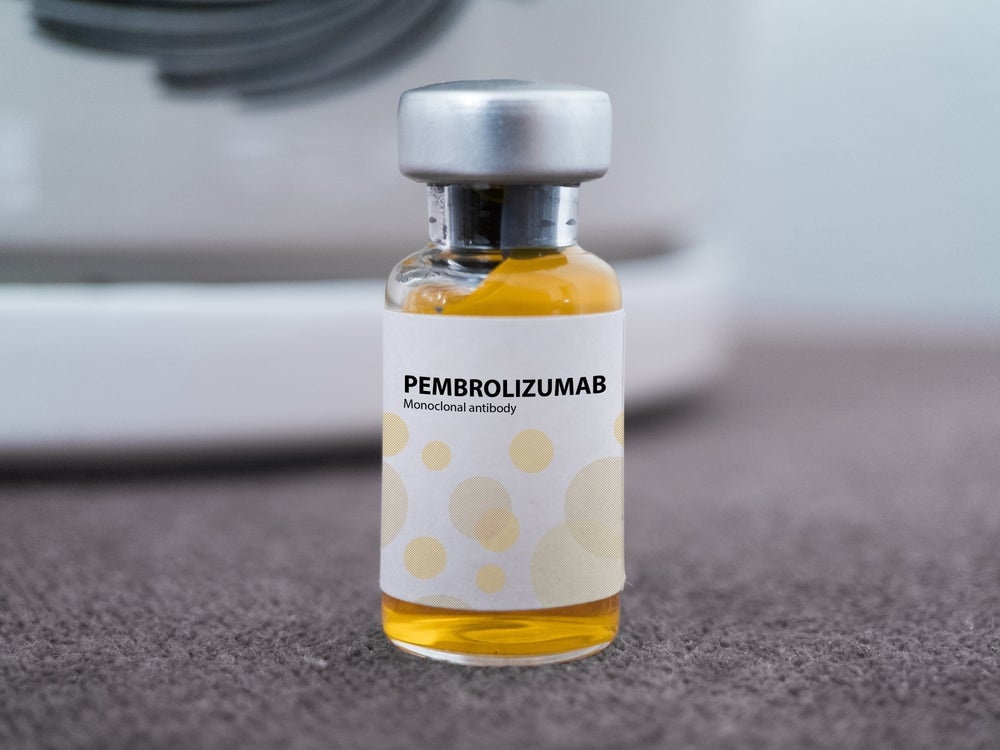Despite being a key revenue generator for Merck (MSD), recent months have seen Keytruda (pembrolizumab) navigating a rocky terrain in the non-small cell lung cancer (NSCLC) space as yet another Keytruda study with Lynparza (olaparib) failed to reach the primary endpoints of a Phase III trial.
The Phase III KEYLYNK-006 study (NCT03976323) evaluated the efficacy of Keytruda / chemotherapy followed by a combination treatment of Keytruda plus maintenance Lynparza as a potential first-line treatment for certain patients with metastatic non-squamous NSCLC. The primary endpoints of the study were progression-free survival (PFS) for up to three years and overall survival (OS) evaluated for up to five years.
Lynparza, a leading poly-ADP ribose polymerase (PARP) inhibitor marketed by AstraZeneca and MSD, is approved to treat certain types of ovarian, breast, prostate, and pancreatic cancer.
As per the 21 March press release, the combination treatment did not meet the study’s pre-specified statistical criteria for PFS and OS compared to Keytruda plus maintenance chemotherapy (pemetrexed). However, the safety profile of the combination treatment was consistent with the individual safety profiles reported for both Keytruda and Lynparza.
In December 2023, MSD announced that it would discontinue the Phase III KEYLYNK-008 study (NCT03976362) of Keytruda plus Lynparza for the treatment of metastatic squamous NSCLC as a third interim analysis showed that the regimen did not demonstrate an improvement in overall survival and lacked statistical significance in the PFS improvements. KEYLYNK-008 evaluated the efficacy of Keytruda along with Lynparza, used as a maintenance treatment, for patients with squamous NSCLC.
Keytruda, an anti-programmed death receptor-1 (PD-1) therapy, is designed to improve the immune system’s anti-tumour response by inhibiting the binding of PD-1 to its ligands PD-L1 and PD-L2, thereby activating tumour-fighting T-cells. The label for the PD-1 inhibitor was expanded in October 2023 after the drug gained its sixth NSCLC-related approval from the US Food and Drug Administration as a combination treatment. Lynparza is designed to selectively inhibit the PARP-mediated DNA repair process, thereby preventing PARP from repairing cancer cell DNA and promoting cancer cell death.
According to GlobalData’s consensus forecast, Keytruda sales are expected to generate $33.6bn in 2028 before dipping in 2029 due to its patent expiry in 2028, inviting marketing opportunities for Keytruda biosimilars.
GlobalData is the parent company of Pharmaceutical Technology.















